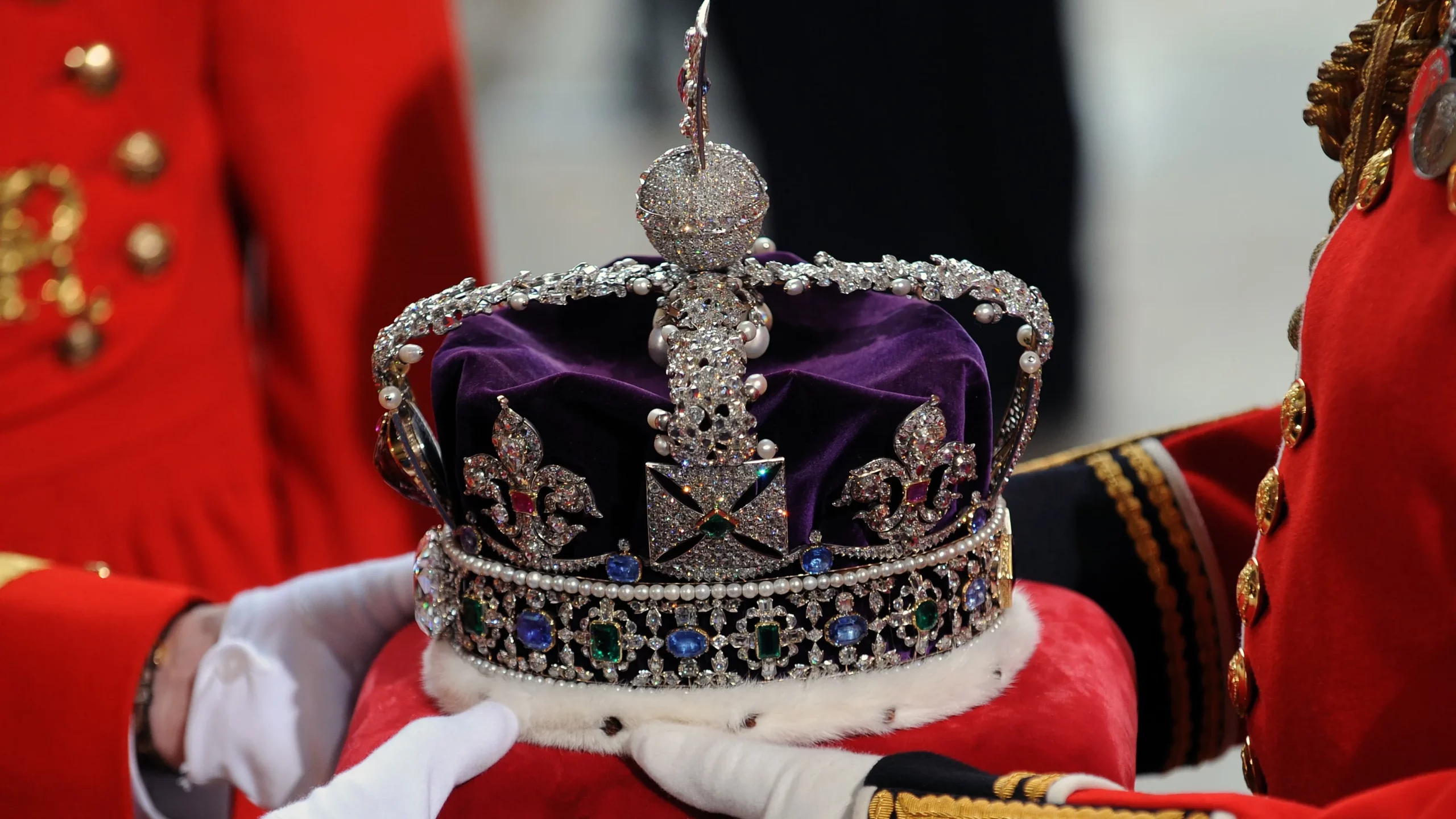The number of days off school that may be granted upon the death of a monarch, such as the Queen, can vary depending on the country and its traditions or policies.
In many countries with a constitutional monarchy, the death of the reigning monarch may lead to a period of mourning, and schools may be closed or have reduced activities on the day of the funeral or during a designated mourning period.
Moreover, there will indeed be twelve days of official mourning, but people will be expected to work and go to school as usual.
Furthermore, there will likely be a public holiday (not sure that’s the right word!) on the day of the Queen’s funeral itself. Saying that, some people will still be expected to work.
How does the death of a monarch affect school schedules?

The death of a monarch can have a significant impact on school schedules due to emotional and cultural considerations. Official announcements and government guidance are essential to provide a clear framework for schools to navigate this period, ensuring both respect for the monarch’s memory and the continuity of education.
Overview of how the death of a monarch can affect school schedules
Disruption of Routine: The death of a reigning monarch, especially one with a significant historical or cultural impact, can lead to disruptions in the daily routine of schools and educational institutions.
Emotional Impact: It’s important to recognize that the death of a monarch can have a profound emotional impact on a nation’s citizens, including students and teachers. This emotional aspect may necessitate special considerations in school schedules.
Mourning Period: In many countries, the passing of a monarch triggers a mourning period, during which various activities, including school, may be adjusted to honor the monarch’s memory and show respect. This can include changes in curriculum and extracurricular activities.
Mention of the need for official announcements and government guidance
Clarity and Consistency: Official announcements and government guidance are crucial in providing clarity and consistency during a period of mourning. They help ensure that everyone, including schools, follows the same set of rules and expectations.
Legal Framework: In constitutional monarchies, there may be a legal framework in place that dictates the procedures and protocols to be followed upon the death of a monarch. Government guidance ensures that these legal requirements are met.
Public Safety: Government guidance takes into account public safety and security concerns during times of heightened emotion and large gatherings, such as during a state funeral. This guidance may include instructions on school closures or changes in school schedules to manage crowds and traffic.
Education Continuity: While there may be adjustments to school schedules, government guidance also aims to ensure that education continues as smoothly as possible.
In addition, it may include provisions for rescheduling exams or accommodating students who are directly affected by the mourning period.
Communication: Official announcements serve as a means of communication with the public, including parents, students, and teachers.
Moreover, they provide information about what to expect, how to participate in mourning activities, and any changes to the school calendar.
What are the variations in mourning periods in different countries?
Mourning periods for the death of a monarch can vary widely across countries and are influenced by historical, cultural, and practical factors.
Discussion of mourning periods in different countries
United Kingdom: In the United Kingdom, the death of a reigning monarch typically initiates a period of mourning. The duration of this mourning period can vary.
Moreover, the mourning period for Queen Victoria, for example, lasted for nearly three years, reflecting her long and significant reign.
For more recent monarchs like Queen Elizabeth II, the mourning period might be shorter, as traditions and societal expectations evolve.
Thailand: Thailand has a strong tradition of royal reverence. The mourning period for the death of a Thai monarch, such as King Bhumibol Adulyadej, has been known to last for an extended period, often a year or more.
During such periods, schools, businesses, and government institutions may undergo significant adjustments to accommodate mourning-related activities.
Japan: In Japan, the mourning period for the Emperor can be an extended period as well. The death of Emperor Hirohito, for example, led to a mourning period lasting for a year.
During this time, various cultural and ceremonial activities take place, and schools may modify their schedules to allow students to participate in mourning rituals.
Explanation of variations in the duration of mourning periods
Historical Significance: The duration of mourning periods often depends on the historical significance of the monarch’s reign. Longer periods of mourning may be observed for monarchs who had a profound impact on a nation’s history or culture.
Cultural Norms: Cultural norms and traditions play a significant role in determining the length of mourning periods. Some cultures place a strong emphasis on honoring and remembering their monarchs for an extended period, while others may have shorter mourning customs.
Evolving Practices: Over time, mourning practices and their durations can change. Modernization, changes in societal values, and shifts in political systems can all influence how long a mourning period lasts and how it is observed.
Government Decisions: In constitutional monarchies, government decisions and official announcements have a substantial impact on the duration of mourning periods. Governments may choose to shorten or extend the mourning period based on various factors, including the practical implications for society.
Public Sentiment: Public sentiment and the wishes of the citizens can also influence the duration of mourning periods. Governments may take into account the emotional needs of the people when determining the length of the mourning period.
How does the tradition of twelve days of mourning impact daily life?

The tradition of a twelve-day mourning period associated with the death of a monarch has historical and symbolic significance. However, in many modern societies, practical considerations often lead to the expectation that people will continue to work and attend school during this period.
Explanation of the tradition of twelve days of mourning
Historical Significance: The tradition of a twelve-day mourning period has historical roots in some cultures and monarchies. This duration is often associated with the mourning customs of medieval Europe.
Symbolism: The number twelve holds symbolic significance in many cultures and religions. It can represent completeness, as there are twelve months in a year, twelve hours on a clock, and twelve apostles in Christianity, among other examples.
Furthermore, the choice of a twelve-day mourning period may reflect the desire to symbolize the completeness of mourning for a monarch.
Cultural Variations: It’s important to note that the length of mourning periods can vary significantly between cultures and monarchies. Not all countries or traditions adhere to a strict twelve-day period.
Clarification that people are usually expected to work and attend school during this period
Practical Considerations: In many modern societies, practical considerations often prevail during a mourning period. While the tradition may dictate a twelve-day period, it’s often understood that life must continue, and people need to attend work and school.
Economic Impact: Extended school closures or widespread absence from work can have a substantial economic impact on a country. Governments and institutions may balance the need to honor the monarch’s memory with the need for economic stability and continuity.
Cultural Shifts: As societies evolve, cultural norms regarding mourning may change. While a twelve-day mourning period might have once involved more extensive disruptions to daily life, these traditions can adapt to accommodate modern lifestyles and economic demands.
Different Expectations: Expectations regarding work and school attendance during a mourning period can vary based on the specific circumstances of the monarch’s passing and the guidance provided by the government or educational authorities.
Exceptions: It’s important to recognize that there may be exceptions to the expectation of work and school attendance during the twelve-day mourning period. Certain individuals or organizations with closer ties to the monarchy or specific cultural practices may choose to observe the mourning period differently.
FAQ’s
Who will rule if the Queen dies?
If Queen Elizabeth II were to pass away, her successor would be her eldest son, Prince Charles, who would become the King of the United Kingdom.
Do we get a day off for the Queen’s funeral?
The declaration of a public holiday or day off for a royal funeral would depend on the policies and decisions of the government at the time. It is not automatic and would vary by country.
What happens if the king dies?
If a reigning king were to die, his successor, typically the next in line according to the royal succession, would assume the throne. The specifics may vary depending on the country and its monarchy system.
What happens if a queen ant dies?
In a colony of ants, if the queen ant dies, it can lead to a disruption in the colony’s functioning. Worker ants may try to rear new queens or replace the queen, depending on the species and circumstances.
Do pubs shut if the Queen dies?
Whether or not pubs or businesses close in the event of the Queen’s death would depend on local customs, government directives, and the desire of individual businesses to show respect or observe a period of mourning.
What happens if a child becomes King?
If a child becomes King, a regency may be established until the child reaches the age of majority. During this period, a regent, often a close family member or trusted advisor, would govern on behalf of the young monarch. The specifics would depend on the laws and traditions of the monarchy in question.
Final Words
In conclusion, when a monarch passes away, it can have various effects on schools and daily life. These effects may differ from country to country and can change over time as societies evolve.
Understanding the traditions and practices associated with mourning is crucial, but it’s equally important to stay informed by consulting local sources and official guidance.
By doing so, we can respect the customs of different cultures and ensure that we respond appropriately during these times of mourning.

